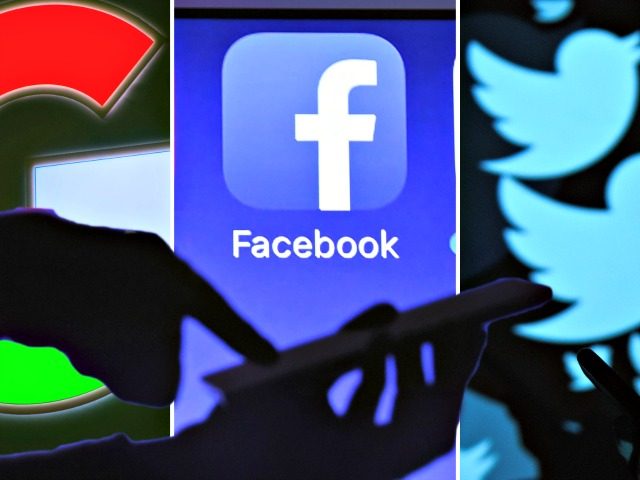A parliamentary committee in Singapore recommended on Thursday that their government hold technology firms such as Facebook and Twitter accountable for the spread of fake news on their platforms.
The committee, which aims to combat the spread of “deliberate online falsehoods,” said that action on the issue was necessary as companies such as Facebook, Google, and Twitter “have a policy of generally not acting against” factually incorrect connect.
In their report, the committee advised criminal sanctions for those who have crossed a “threshold of serious harm such as election interference, public disorder, and the erosion of trust in public institutions.”
The ministries of law and of communications confirmed in a statement that the government had accepted the recommendations and would work towards drawing up appropriate legislative measures to combat the issue.
“They have essentially been looking for different ways to weaponize falsehoods on the Internet,” said Janil Puthucheary, senior minister of state for communications. “We have set our clear principles to guide Singapore’s response and we have recommended clear and robust measures to be taken by various stakeholders including government, and these include a recommended legislative response.”
“We believe that on the basis of the information provided to us that the nature of falsehoods, and especially deliberate online falsehoods, by their very nature they have the upper hand over the facts,” he continued. “They are more easily believed, they travel further, they travel faster, and they are much harder to dislodge.”
Law Minister K. Shanmugam indicated that companies would have to take greater responsibility for false information disseminated on their services.
“I think there is increasing recognition on all sides that there has to be responsibility on the part of tech companies and that governments have to intervene to ensure that responsibility,” he said.
The legislation is likely to draw criticism given that Singapore already has measures stifling free expression, including laws against the “incitement of racial and religious discord” and issues considered a “threat to national security.” The country’s government says such measures are necessary to maintain stability given Singapore’s position as a multi-ethnic global financial hub.
“Singapore promotes itself as a modern nation and a good place to do business, but people in a country that calls itself a democracy shouldn’t be afraid to criticize their government or speak out about political issues,” writes Phil Robertson, deputy Asia director at Human Rights Watch. “Direct and indirect restrictions on speech and public protest have long stifled debate on matters of public interest in Singapore.”
Singapore is not the first Asian country to take steps against fake news. In March, the government of Malaysia passed the “Anti-Fake News 2018 bill,” that saw fines of up to $128,000 and up to ten years in jail for the spreading of “news, information, data, and reports which is or are wholly or partly false.” However, lawmakers later repealed the legislation after critics said was aimed at stifling dissent.
Follow Ben Kew on Facebook, Twitter at @ben_kew, or email him at bkew@breitbart.com.

COMMENTS
Please let us know if you're having issues with commenting.